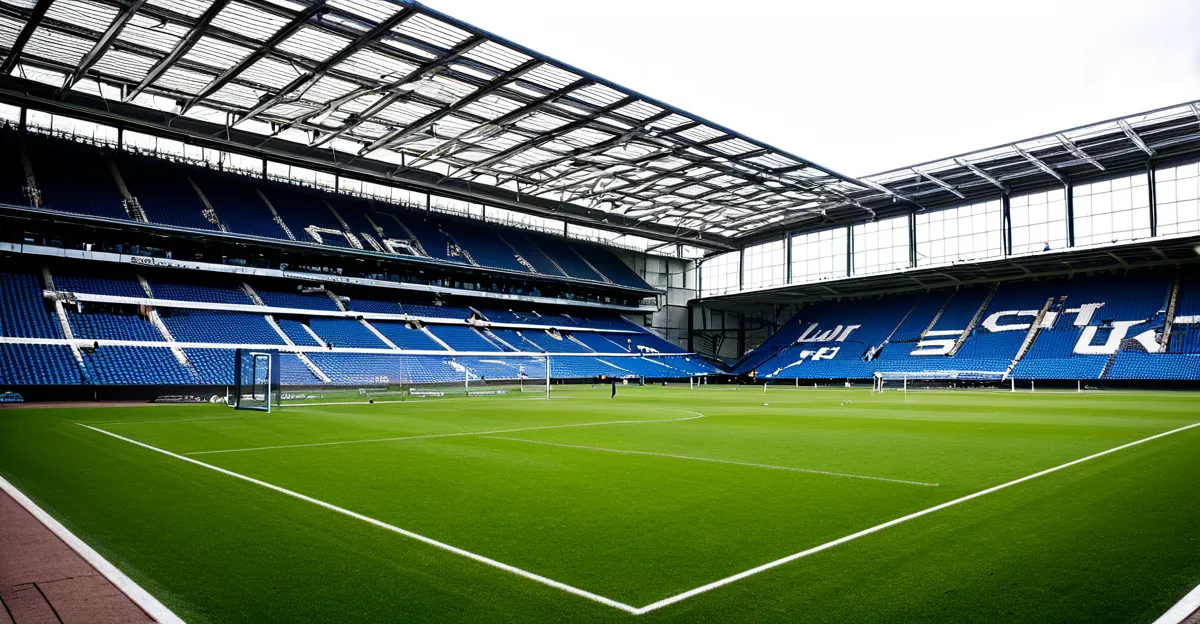Leading sustainability strategies adopted by UK sports facilities
Small sports facilities across the UK increasingly prioritise responsible management through targeted sustainable strategies. A foundation of these efforts lies in implementing energy efficiency solutions. Many venues invest in LED lighting and motion sensors to reduce electricity consumption without sacrificing user experience. Upgrading building insulation and deploying energy-efficient HVAC systems also help curb energy waste, enabling sports facilities to meet growing environmental standards.
Water conservation measures form another pillar of sustainability in UK sports facility practices. Techniques such as rainwater harvesting and installing low-flow fixtures significantly cut water usage. For grounds keeping, using drought-tolerant turf and smart irrigation controls manages water optimally, even during dry spells.
Also to discover : How Can Emerging Athletes Boost UK’s Global Sports Presence?
Advanced waste management and recycling initiatives are widely adopted to reduce landfill contributions. Facilities often deploy comprehensive recycling bins, separate organic waste, and encourage reusable materials among visitors. This multifaceted approach demonstrates how sustainability in UK sports balances environmental responsibility with operational effectiveness, reflecting a commitment to long-term resource stewardship.
Prominent case studies and examples showcasing sustainable practices
Examining case studies UK sports sustainability reveals valuable lessons from both high-profile venues and local facilities. The London Olympic Park, a flagship example, integrated extensive sustainable strategies such as renewable energy systems and zero-waste targets throughout construction and operation phases. This approach underscores how industry leaders can set comprehensive benchmarks in environmental responsibility.
In parallel : How is sports tourism influencing the UK economy?
On a smaller scale, grassroots venues often excel in innovative, context-specific UK sports facility practices. For instance, community-run sports centres have successfully implemented solar panels and rainwater harvesting systems, achieving notable reductions in carbon footprint while maintaining affordable operation costs. These success stories highlight the practical scalability of sustainable initiatives across diverse facility sizes.
Recognition through awards validates these efforts, with numerous UK sports venues honoured for responsible management and environmental commitments. These accolades help raise awareness and motivate others to adopt similar sustainability goals.
Overall, the balance between large-scale projects and grassroots innovation provides a holistic view of sustainability’s real-world impact within UK sports facilities. Such examples reinforce that responsible management is achievable and beneficial across the board, encouraging continuous improvement.





